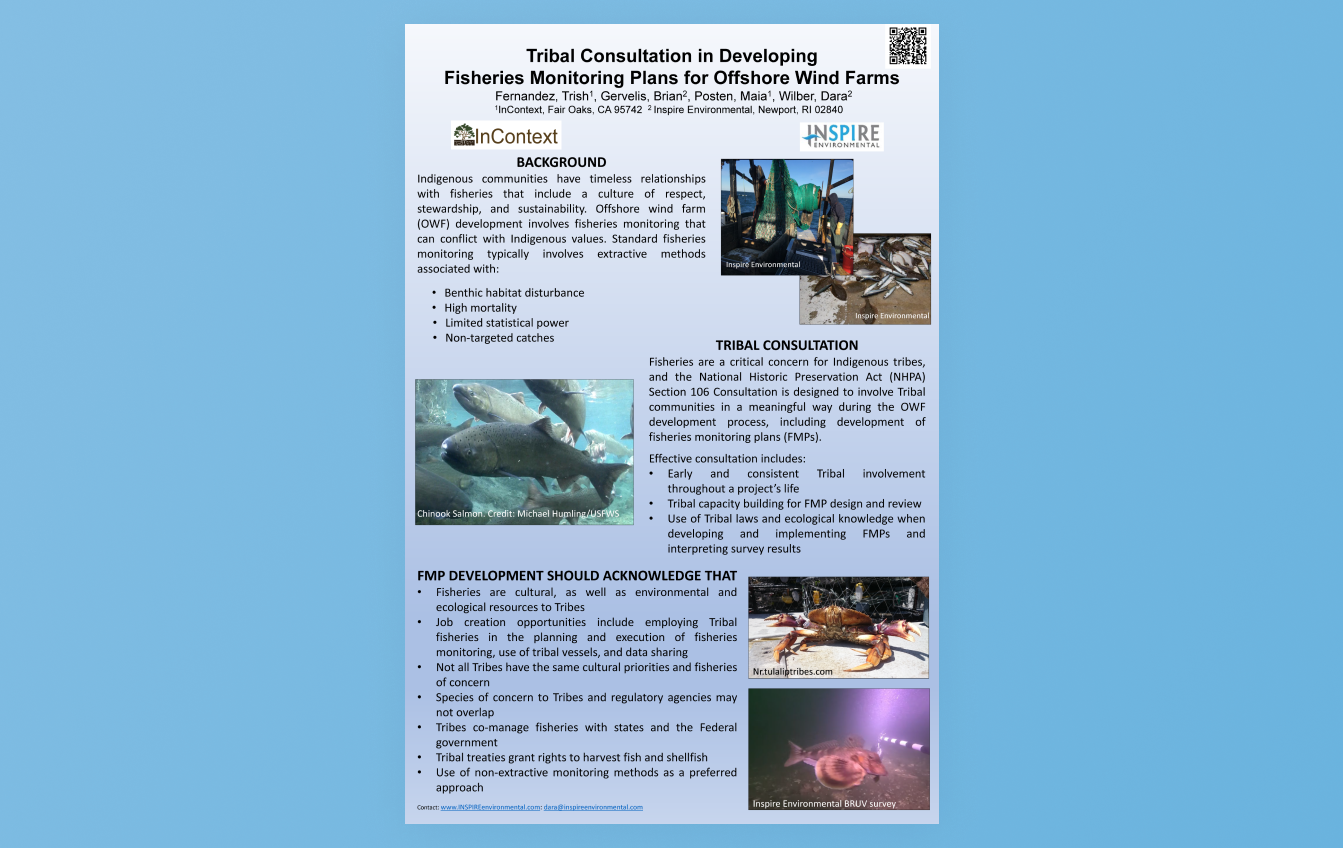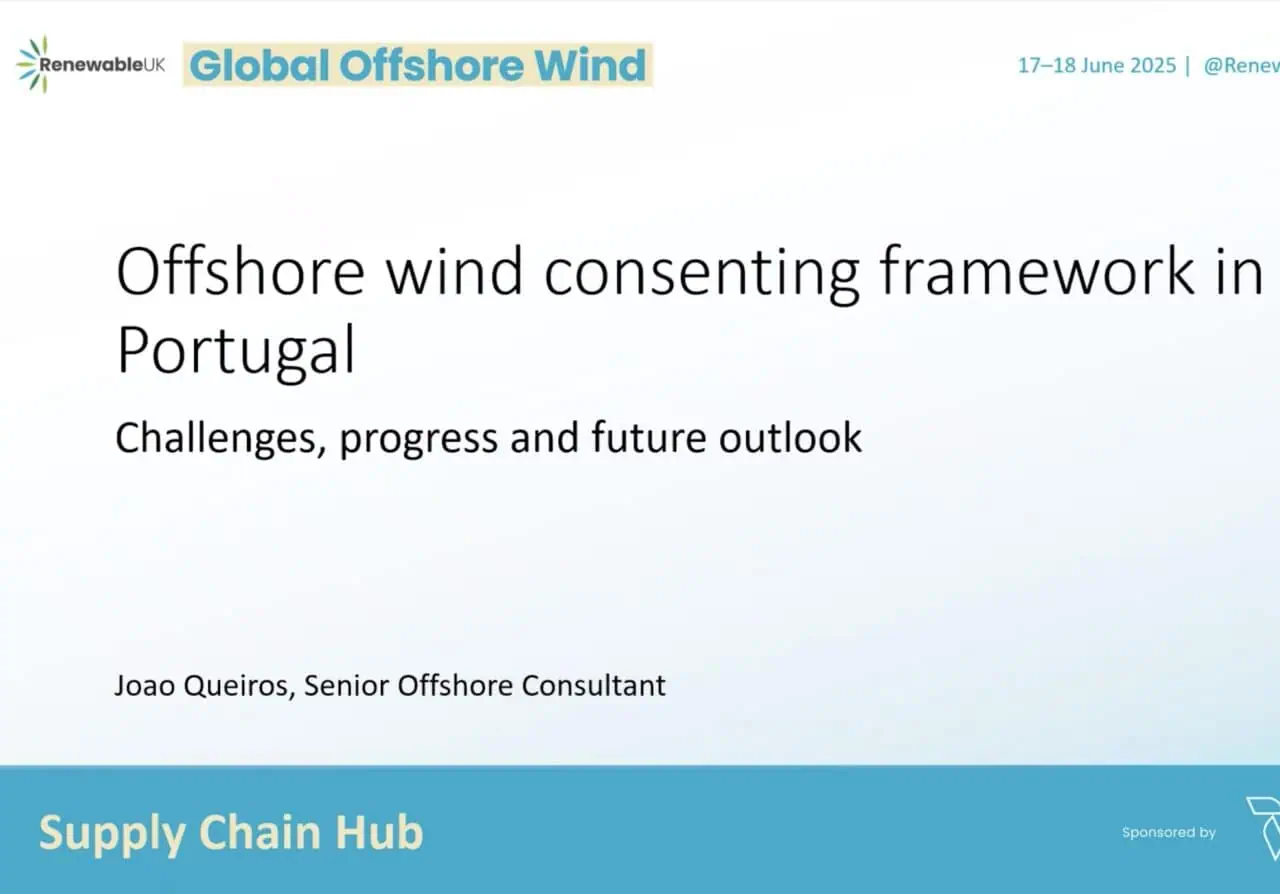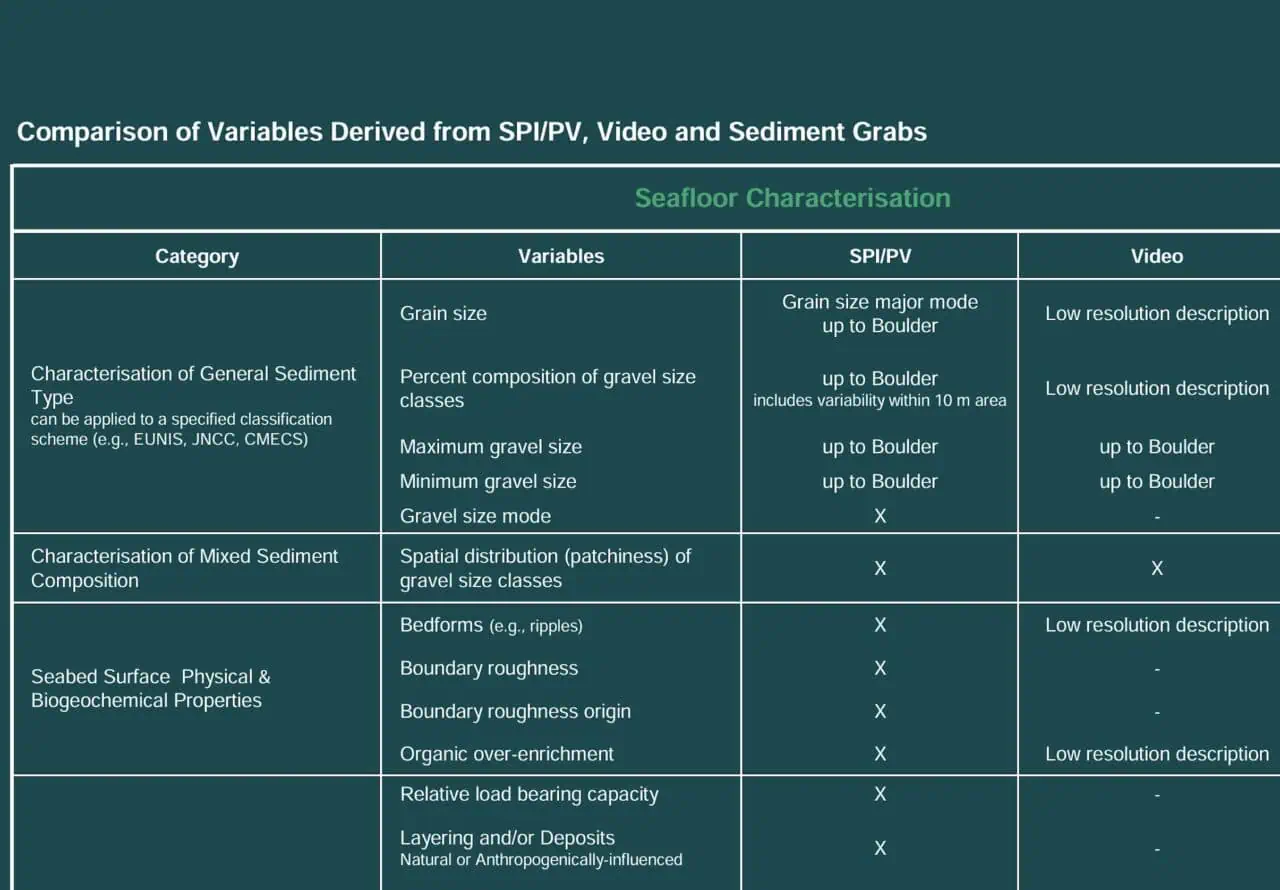
Publications
Tribal Consultation in Developing Fisheries Monitoring Plans for Offshore Wind Farms
Tribal Consultation in Developing Fisheries Monitoring Plans for Offshore Wind Farms
BACKGROUND
Indigenous communities have timeless relationships with fisheries that include a culture of respect, stewardship, and sustainability. Offshore wind farm (OWF) development involves fisheries monitoring that can conflict with Indigenous values. Standard fisheries monitoring typically involves extractive methods associated with:
• Benthic habitat disturbance
• High mortality
• Limited statistical power
• Non-targeted catches
TRIBAL CONSULTATION
Fisheries are a critical concern for Indigenous tribes, and the National Historic Preservation Act (NHPA) Section 106 Consultation is designed to involve Tribal communities in a meaningful way during the OWF development process, including development of fisheries monitoring plans (FMPs).
Effective consultation includes:
• Early and consistent Tribal involvement throughout a project’s life
• Tribal capacity building for FMP design and review
• Use of Tribal laws and ecological knowledge when developing and implementing FMPs and interpreting survey results
FMP DEVELOPMENT SHOULD ACKNOWLEDGE THAT
• Fisheries are cultural, as well as environmental and ecological resources to Tribes
• Job creation opportunities include employing Tribal fisheries in the planning and execution of fisheries monitoring, use of tribal vessels, and data sharing
• Not all Tribes have the same cultural priorities and fisheries of concern
• Species of concern to Tribes and regulatory agencies may not overlap
• Tribes co-manage fisheries with states and the Federal government
• Tribal treaties grant rights to harvest fish and shellfish
• Use of non-extractive monitoring methods as a preferred approach


